Iran president urges global action for Gaza humanitarian aid
Iran’s president has called on international organizations to push for increased delivery of humanitarian assistance to the war-stricken Gaza Strip and to intensify efforts to overcome obstacles created by the Israeli regime.
In a statement on the occasion of the World Red Cross and Red Crescent Day, Raeisi lamented that the Israeli regime is obstructing the delivery of aid to prolong the suffering of Gazans.
"This year we commemorate World Red Cross and Red Crescent Day as the people of Gaza are living in the most difficult conditions without access to water, food, medicine, and basic medical and sanitary facilities. The provision of aid and necessary services to these people has unfortunately faced obstruction by the Zionist regime, despite that our country's Red Crescent Society as a member of this large family and other countries around the world have voiced readiness [to do so].”
“It is deeply regrettable that even the members of this society have not been spared from the ruthless aggression of this regime,” President Raeisi said, pointing to frequent Israeli attacks on aid workers in Gaza.
“On this occasion of honoring Red Crescent Day, I take the opportunity to once again call upon the international community and all awakened human consciences to assist the oppressed people of Gaza and to facilitate the delivery of humanitarian aid and the alleviation of human suffering of the people of Gaza."
Israel unleashed its war on Gaza on October 7 after the Palestinian Hamas resistance group carried out Operation Al-Aqsa Storm against the usurping entity in retaliation for its intensified atrocities against the Palestinian people.
Since the start of the offensive, the Tel Aviv regime has killed at least 34,844 Palestinians and injured 78,404 others.
The regime has also been widely slammed for repeatedly attacking aid workers and healthcare staff in Gaza, hundreds of whom have lost their lives to Israeli bombardments.
On April 1, Israel faced worldwide backlash after an airstrike killed seven aid workers working for the NGO World Central Kitchen in central Gaza.
The Tel Aviv regime has also imposed a total siege on the territory, cutting off fuel, electricity, food and water to the more than two million Palestinians living there.
Aid agencies, international charities and the International Court of Justice have on several occasions stated that Israel is blocking humanitarian supplies from entering the besieged Palestinian territory, where hunger is most pervasive.
According to a recent report by the United Nations Office for the Coordination of Humanitarian Affairs (OCHA), access into Gaza is characterized by “lengthy inspection processes, fuel shortages resulting from Israeli restrictions, and restrictions on the movement of trucks, convoys, and vetted drivers…and congestion at the Kerem Shalom crossing.”
Now with the regime’s latest incursion against the Rafah border crossing in southern Gaza, concerns are growing over the unfolding humanitarian catastrophe in the strip.
Rafah is home to about 1.4 million displaced Palestinians, who have taken refuge in the border town and its surroundings after they fled their hometowns elsewhere in the territory to escape the regime's onslaught and now face another move.
UN agencies and aid groups have already warned of the devastating consequences of any military assault on the cramped border city.
Iran FM says to issue protest to Kuwait over US aircraft downing
IRIB chief says Tehran compound hit for third time in months; broadcasts continue
US-allied fuel tanker attacked by Iran still burning in Strait of Hormuz: IRGC
Attacks on hospitals, schools ‘strike at life itself’: Pezeshkian
Iran’s attacks on US bases ‘legitimate’ response to source of aggression: Araghchi
IRGC targets US intelligence centers, military depots in 11th wave of attacks
US-Israeli attacks damage 5 hospitals, medical centers in Iran: MP
Unlike US, Iran prepared for a long war: Security chief


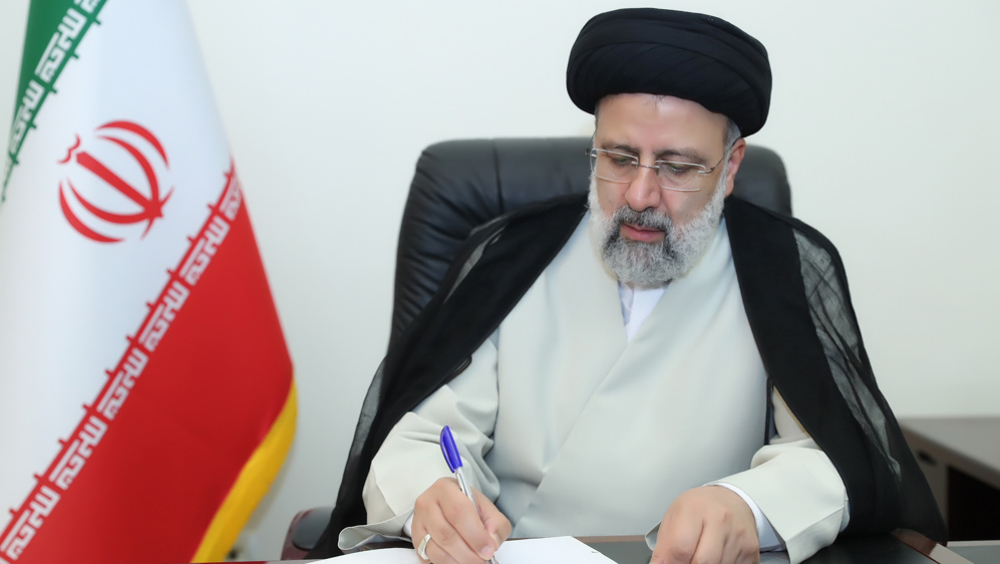
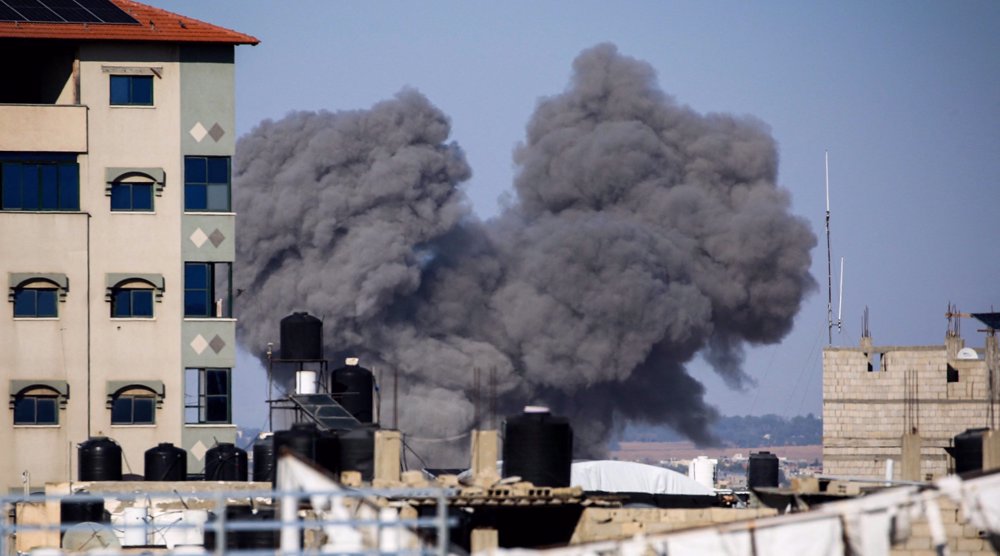
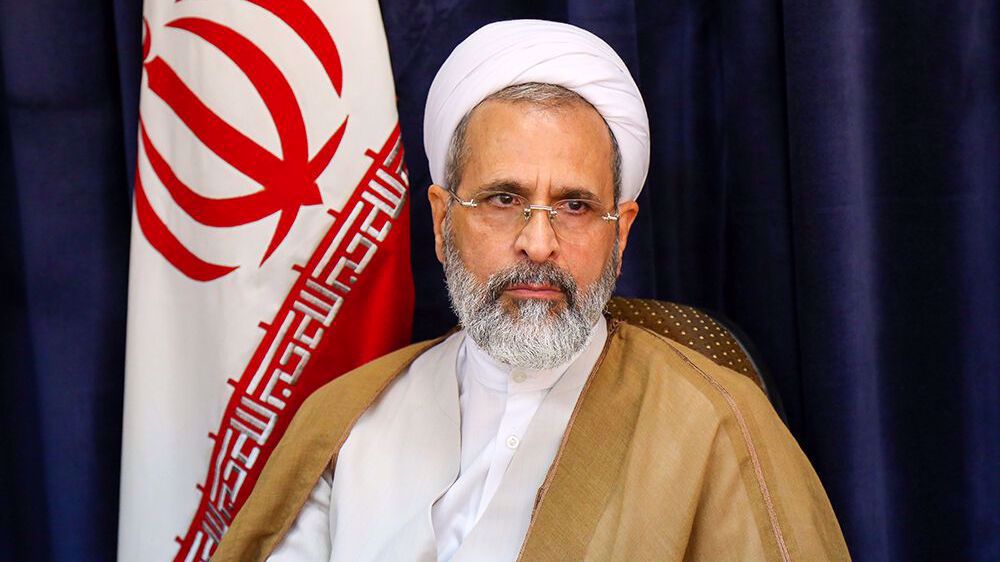
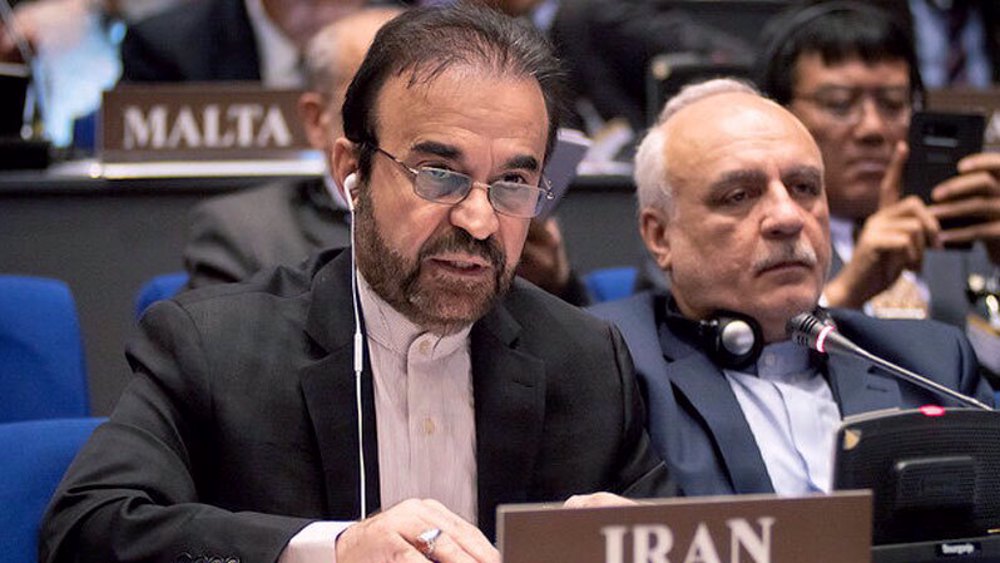
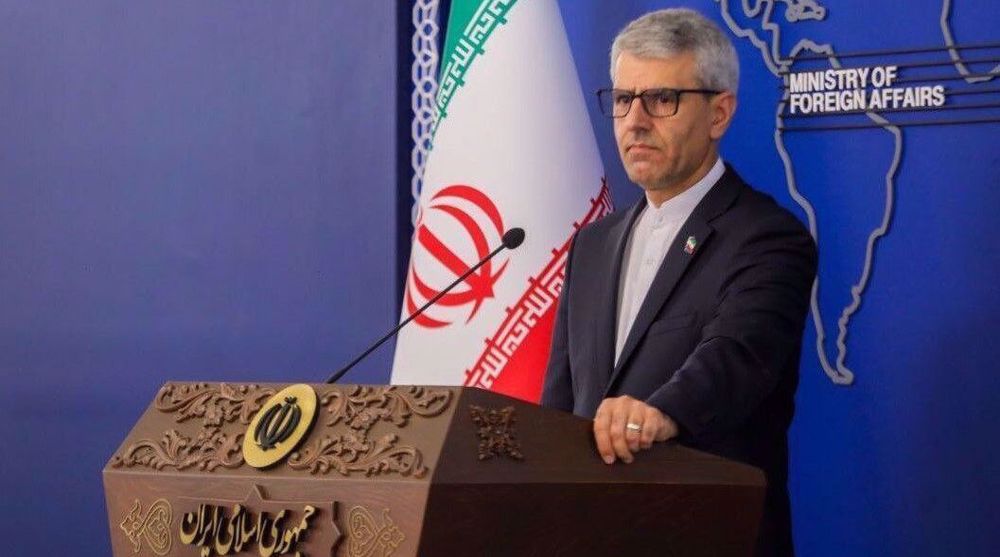



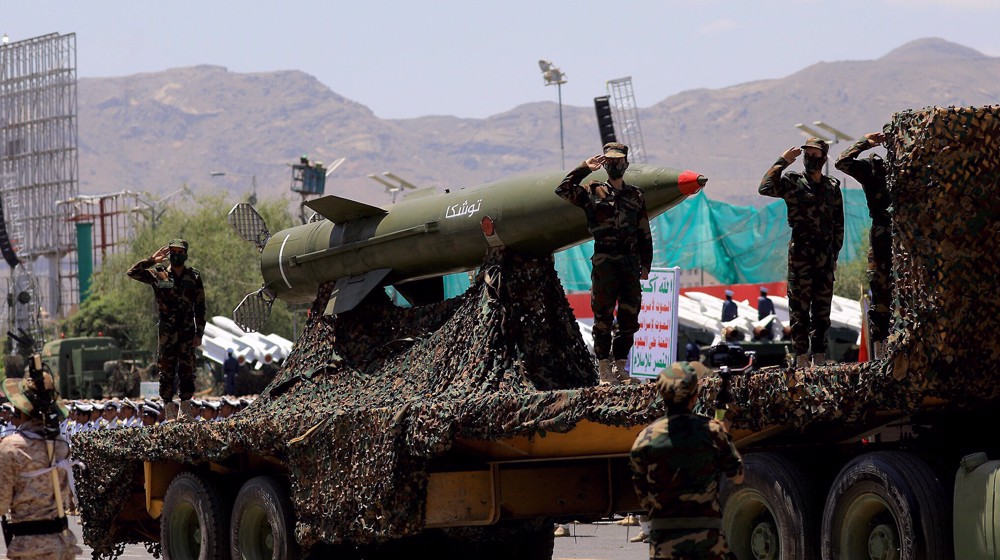
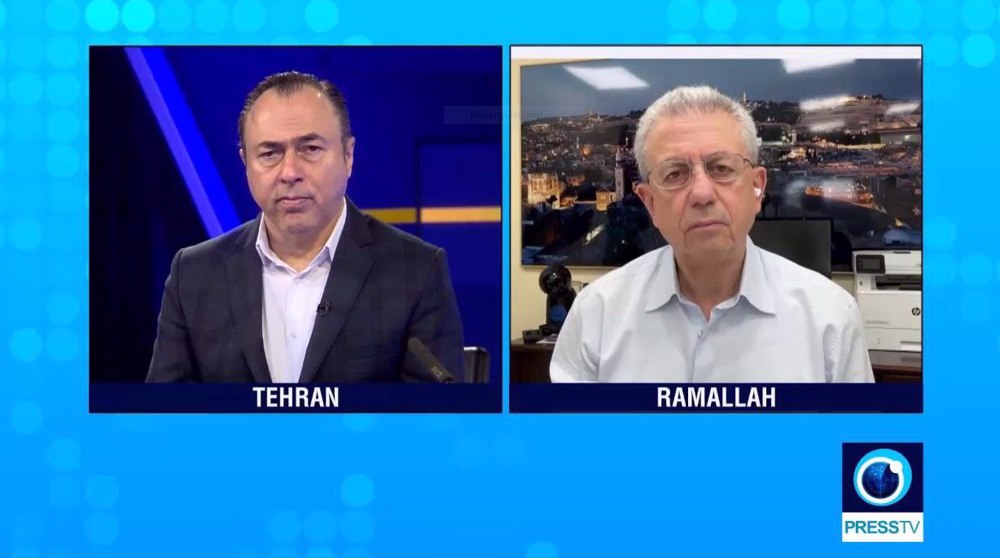
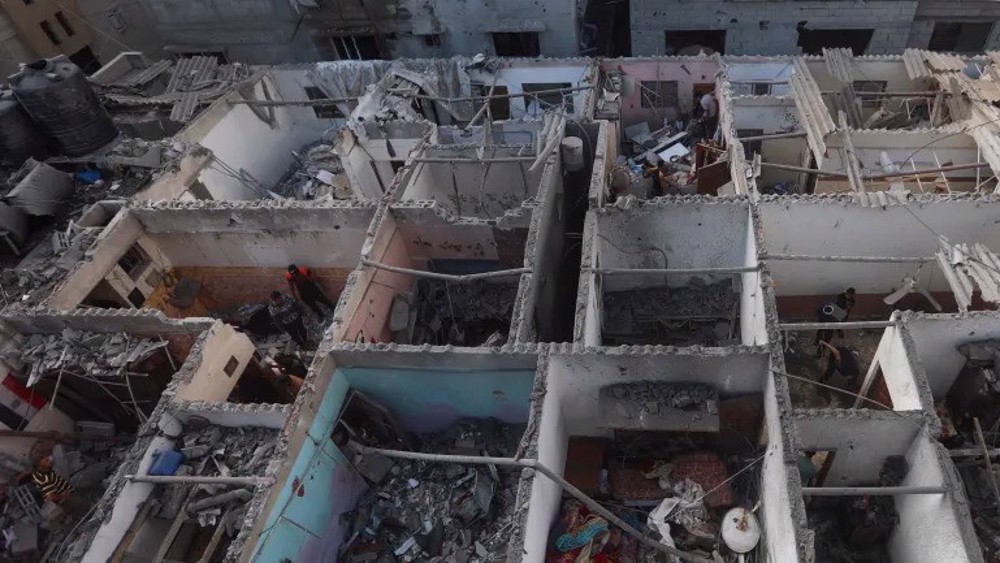
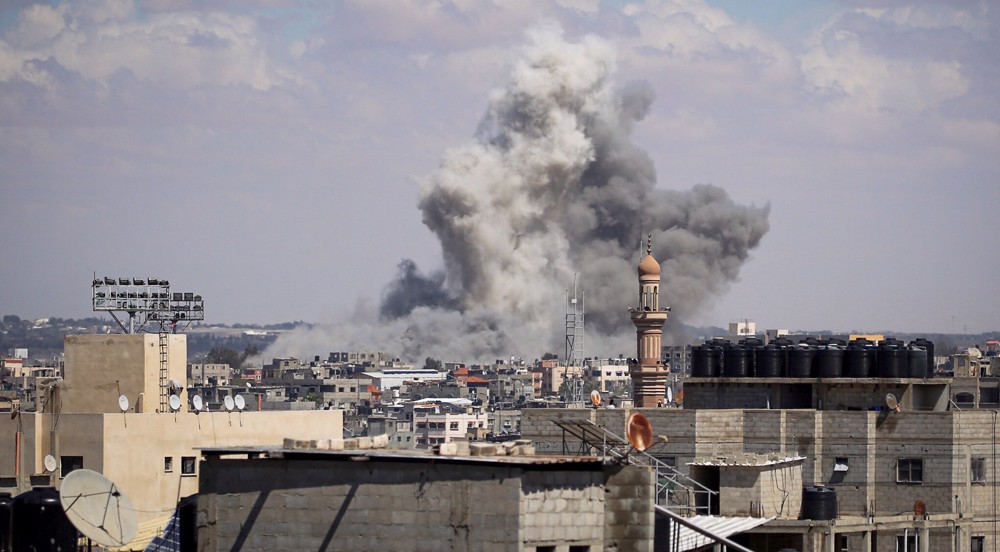
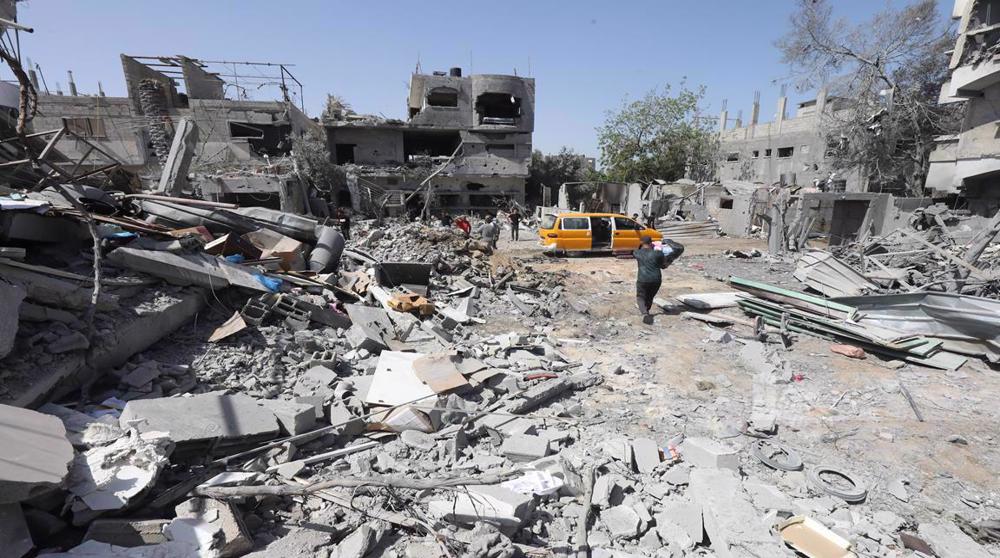
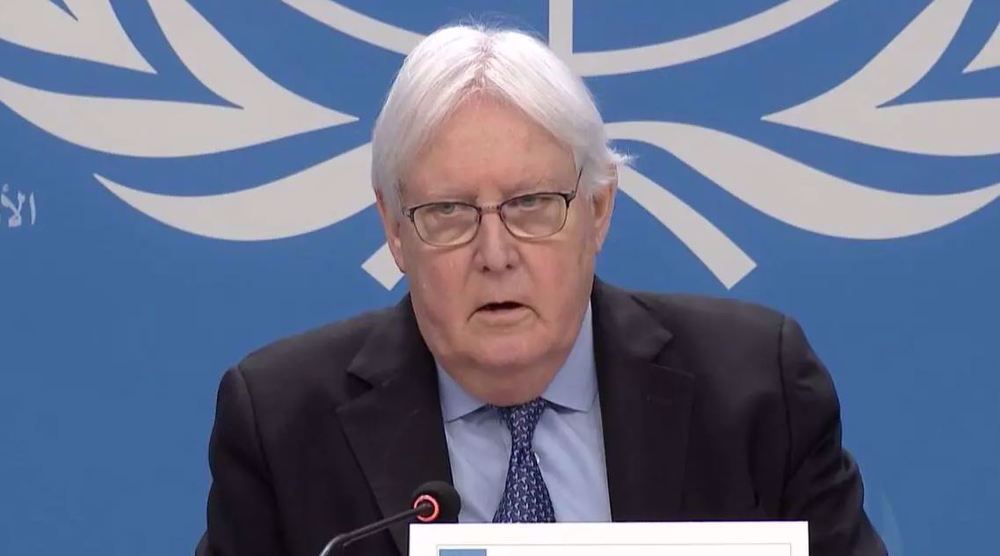

 This makes it easy to access the Press TV website
This makes it easy to access the Press TV website